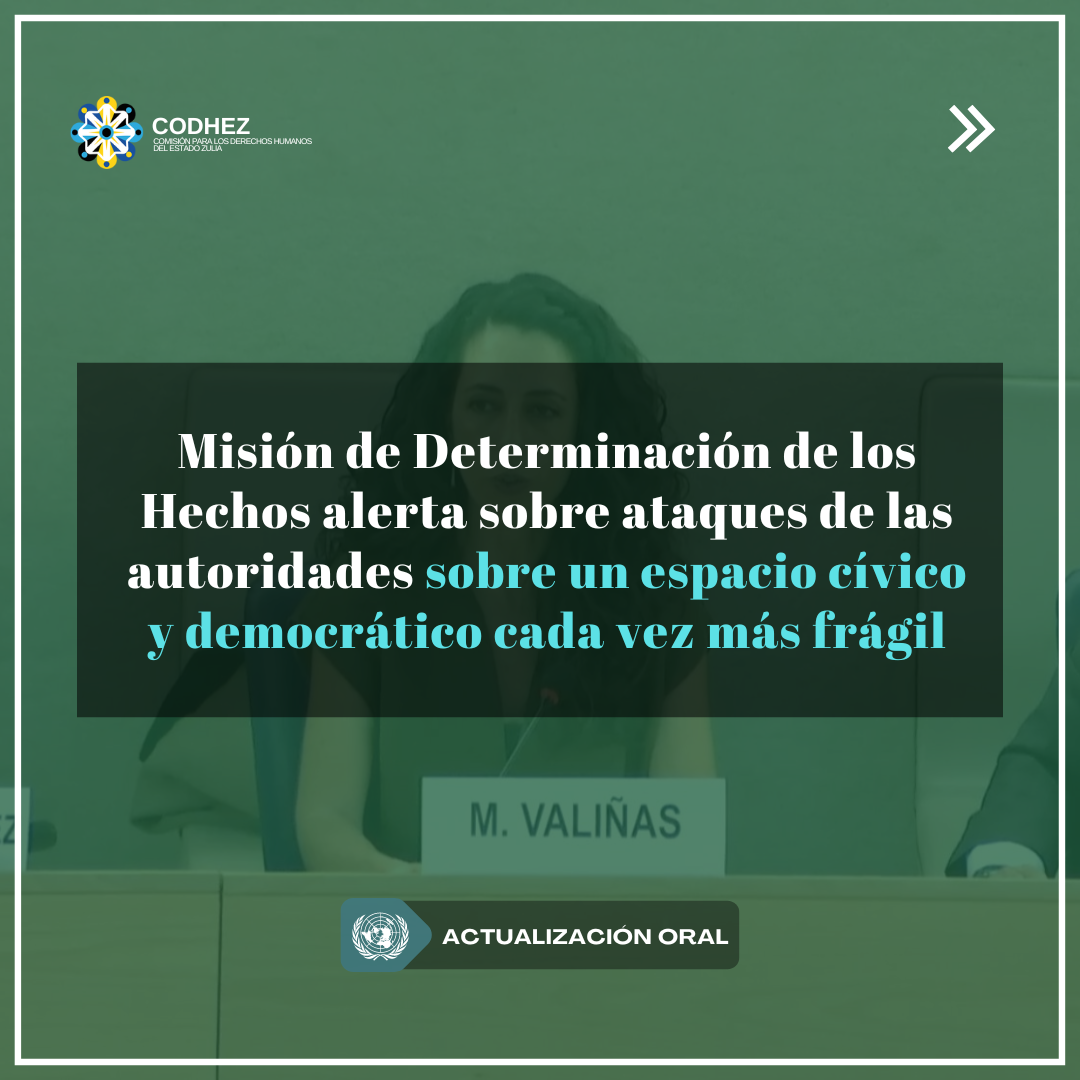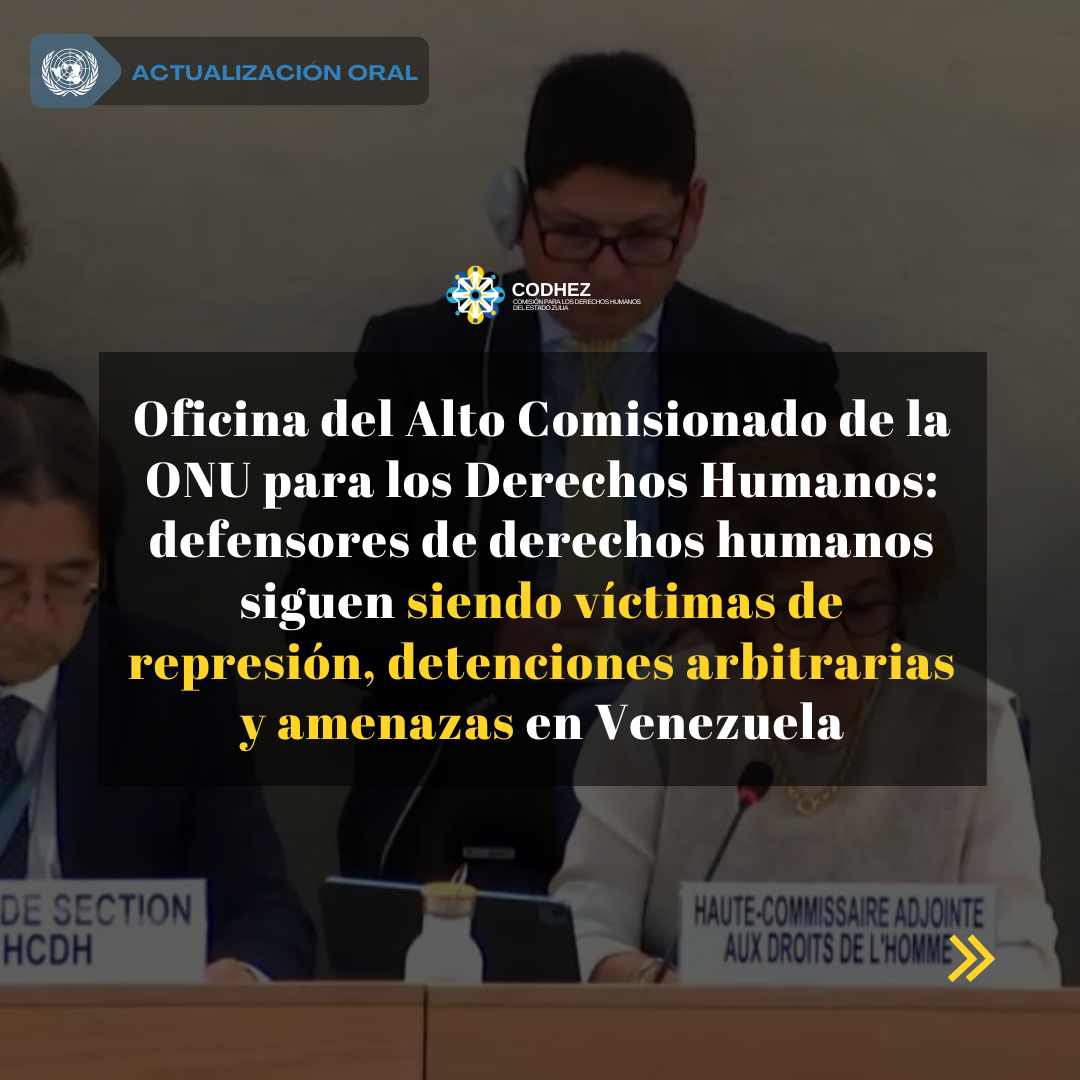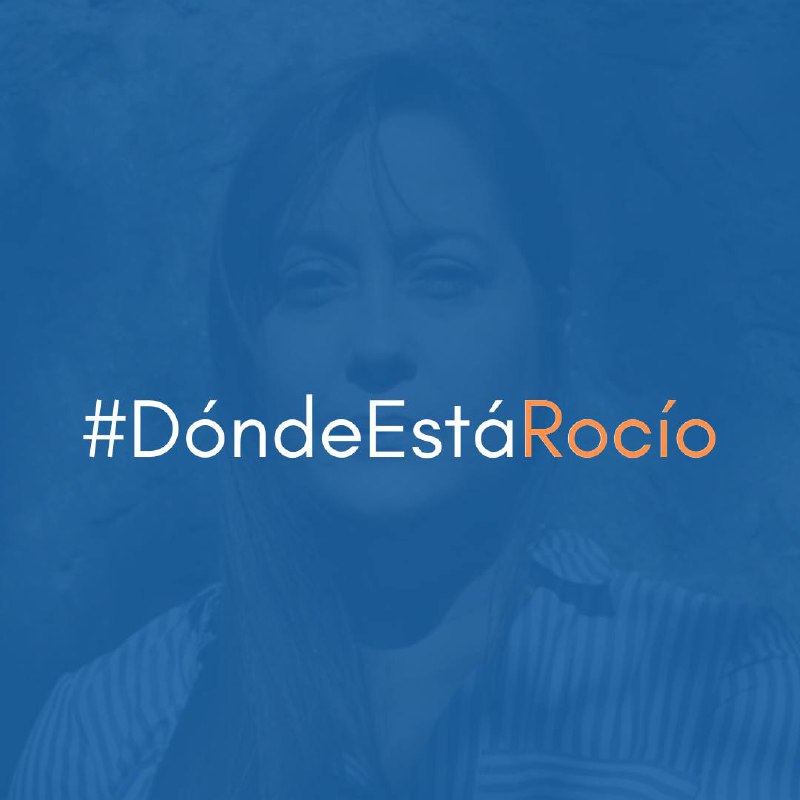The health emergency due to the pandemic is exacerbated in Zulia due to the deficiency of hospital services and the lack of protection of health care personnel
The Comission of Human Rights in the State of Zulia (Codhez) released the June 2020 bulletin that documents the most important facts regarding the situation of the right to health and access to health care services in Zulia. In June complaints and uncertainty abounded about the capacity of the national public health system to respond to the health emergency due to the COVID-19 pandemic.
Although the crisis of the public health system in the region has always been constant, it has been exacerbated in the last three months due to the proliferation of Covid-19 cases, without detracting from the other pathologies that are also neglected. In the midst of this crisis, the most affected are sick people and medical personnel. Healthcare personnel are in decline both in terms of wages and working conditions
Hospital services deficiency
In total, according to official figures, Zulia closes June with 1,033 infected people, representing an increase of 865.42% in the number of infections compared to May. In this way, Zulia becomes the state with the highest number of community infections, and the second state with the most people infected with Covid-19 in the country, after Apure.
From the beginning of the state of alarm caused by the presence of Covid-19 in the country, the national government determined that the University Hospital of Maracaibo would serve as a sentinel center for the prioritized care of people in the region infected with this disease. This hospital is the largest multidisciplinary and teaching medical center in the region, which currently has a shortage of medical and nursing staff, precariousness in the number of required beds.
In the University Hospital of Maracaibo, the failures in the supply of drinking water persist, thus, continuing to depend on the water tank truck services. According to the Medical Association of the state of Zulia, the sentinel hospital only has 14 operating beds in the Intensive Care Unit, and according to information provided by some staff members, it has 12 respiratory ventilators.
Due to the prevailing uncertainty in this medical center, during this month, and through various videos, the discontent of family members and patients was evident regarding the absence of medical personnel, lack of care, and the death of a person, whose body remained bedridden for hours. For the removal of the deceased, a special NBC protection suit should be used, and it seems that the late removal of the deceased is due to the delay in the delivery of these suits by the competent authorities.
Likewise, reports of patients that decided to leave the hospital without medical authorization went public. On the other hand, health workers informed of the death of several people with Covid-19 symptoms, but whose death certificates describe pneumonia or respiratory diseases as death cause.
On the other hand, the authorization of 15 hotels located in Maracaibo and San Francisco for the isolation of infected but asymptomatic people was announced. In this regard, as of June 10, there were 374 people kept in 7 hotels in Maracaibo, 136 in 4 hotels in San Francisco and 96 in Villa Deportiva del Zulia (west of Maracaibo).
Some of the people who are quarantined in these hotels, that is, those who are asymptomatic or awaiting for the results of the CRP tests, report the precariousness of basic conditions for their stay and, in any case, rehabilitation, as they report lack of lighting, adequate food and water within these facilities, as is the case of a hotel in Tía Juana, Simón Bolívar municipality (Easter coast of Maracaibo lake).
The little unbalanced food with low nutritional value they provide arrives at the wrong time – they eat breakfast at 11:30 am and have lunch after 4:00 pm -, the lack of air conditioning and the lack of lighting in the rooms, force family members, with few financial resources available, to bring patients everything they need during this confinement, from the necessary food to fans to help them spend the night.
Medical personnel at risk
Precisely, through a statement, the board of directors of the Nursing Association of the State of Zulia, warned about the risks for nursing personnel who are in a vulnerable situation due to the absence of essential controls and protection protocols.
The board of directors of the Medical Association of the state of Zulia also expressed its concern about the increase in cases of Covid-19 as well as the number of deaths, and the danger to which medical personnel is exposed due to the lack of necessary biosecurity supplies, it made a red alert call for a greater community commitment regarding preventive measures and greater responsibility by the authorities to address the disease
During the last days of June, the contagion and death of several medical workers were reported. On June 25, the death of 5 doctors associated to Covid-19 were reported, all of them were active workers in health centers in Maracaibo. In addition, 4 are in intensive care units, while another 47 are confined in motels or in their houses.
In this regard, the President of the Medical Association of the state of Zulia denounced that the 5 national doctors who died in Zulia have not been included in the official national statistics of deaths, asserting that “There is an important criminal underreporting”.
On June 29, the President of the Nursing Association of the state of Zulia reported that she received a summons from the Scientific, Penal, and Criminal Investigation Service Corps (Cicpc), to testify on June 30, without specifying any reason or motive. Salazar has had warned in several times the risks that the nursing personnel have been facing working without required biosecurity equipment.
Medical attention of chronic diseases
Obstacles to the priority care of people with chronic diseases persist. This is the case of the almost 140 people who require dialysis at the University Hospital of Maracaibo, whose unit of treatment is located on the 9th floor, that is, close to floors 4th, 5th, 7th and 8th, where Covid-19 cases are treated, and that, due to their condition, they are more vulnerable in case of contagion.
These people with chronic diseases have repeatedly requested their transfer to others health centers to be dialyzed, but they haven’t received response on this request. Another obstacle that persists is related to the timely mobilization to receive treatment, especially for people who live in municipalities with restrictions on freedom of movement, as the lack of public transport makes it impossible to transfer them to the health centers in Maracaibo.
Final considerations
In the midst of this panorama, the deficiency of public services persists, since the vast majority of health centers, and even makeshift shelters for the care of asymptomatic people, do not have potable water and are subject to prolonged periods of power outages. For Codhez, these circumstances are obstacles to the provision of a quality public health service, promoting a possible disproportionate sanitary collapse in the region.
The right to health is a human right intrinsically associated with the right to life. According to the Venezuelan constitution, health is “a fundamental social right, an obligation of the State, which will guarantee it as part of the right to life”. This provision allows the Venezuelan State to demand the application of effective measures for the promotion, prevention, treatment and rehabilitation of people affected by diseases, with special emphasis at this time of health emergency due to the presence of Covid-19 in the region.
The significant increase in infections and deaths from Covid-19 in Zulia is alarming, which indicates that the measures applied within the framework of the state of alarm since March are neither effective nor sufficient.
The exceptional measures, far from containing the spread of the disease, have served as an instrument for the exaggerated control of the daily life of Zulianos (People from Zulia), which leads to disrespect basic human rights such as personal freedoms of expression and movement.
Codhez reiterates that exceptional measures must be temporary and not absolute, aimed at ensuring greater benefits for Venezuelans in order to guarantee their right to health and an adequate standard of living. These measures must consist of actions validated by public health experts that allow facing and containing the disease in the short term, and should not be used for the persecution or intimidation of those who report or claim decent health conditions for sick people and medical staff.
Download Codhez’s June 2020 bulletin concerning the overall human rights situation in Zulia
Cover photo by: AFP



